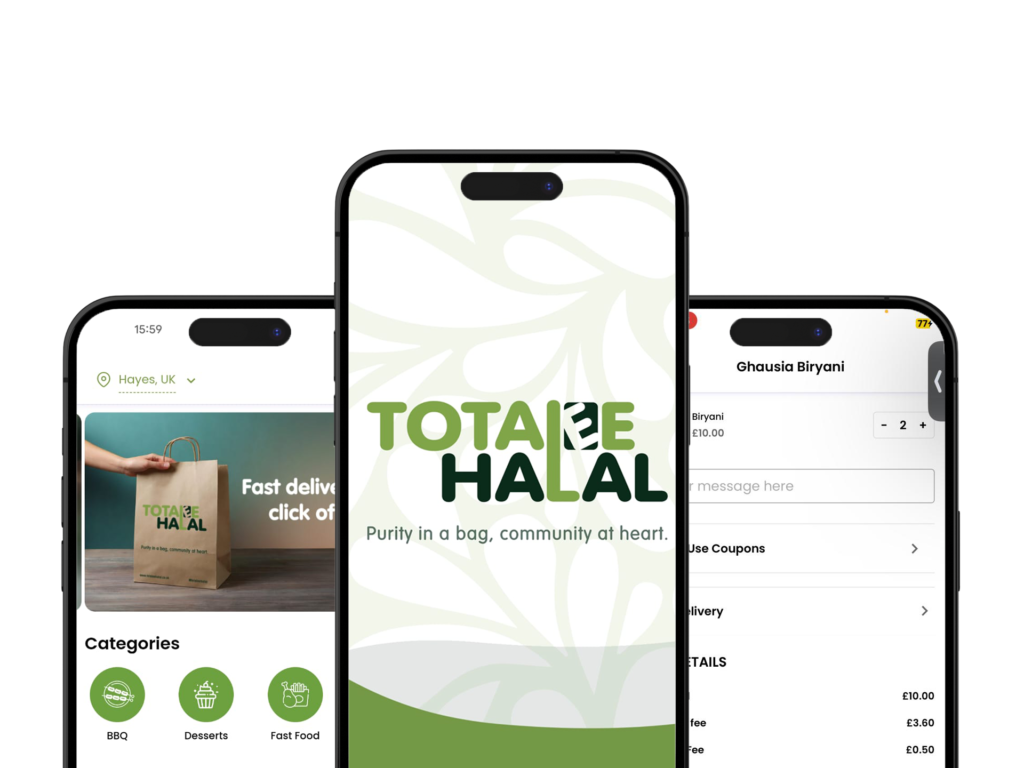Halal is an Arabic word that means “permissible” or “lawful” according to Islamic principles. The opposite, “Haram,” signifies things that are forbidden. The concept of Halal encompasses all aspects of a Muslim’s life, from the food we consume and the clothing we choose to the way we earn our income and conduct ourselves in society. For meat to be certified Halal, there are certain organisations that are trusted all across the world. In this article we will cover what is a Halal certificate, types of halal certificates, symbols of recognised halal certificate organisations and the recognised halal certificate organisations in the United Kingdom.
What is a Halal Certificate
The Halal certificate is a document issued by a recognized Halal certification body, this document verifies compliance with Islamic law. The focus goes beyond just food and beverages, encompassing everything from cosmetics and pharmaceuticals to financial services. To earn this certification, a product or service undergoes a rigorous review process, ensuring ingredients, production methods, and handling practices adhere to Islamic guidelines. Ultimately, the Halal certificate fosters trust, transparency, and the growth of a global market that caters to the needs of Muslim consumers.
There are two main types of Halal certificates:
-
Site Registration Certificate: This certifies that a production facility adheres to Halal guidelines but doesn’t guarantee the final products themselves. It’s like a stamp of approval for the facility’s practices.
-
Halal Product Certificate: This more comprehensive certificate verifies that both the ingredients and the manufacturing process used for a specific product (or a specific quantity of product) comply with Islamic law. This provides the ultimate assurance to consumers about the product’s Halal status.
Symbol of recognized Halal certification organisations
The Halal Food Authority (HFA)
The Halal Monitoring Committee (HMC)
Halal Certification Europe (HCE)
The Halal Authority Board (HAB)
The Halal Food Authority (Singapore)
The Halal Accreditation Services (HAS)
The primary purpose of a Halal logo is to provide Muslim consumers with peace of mind. Seeing a recognized Halal logo signifies that the product complies with Islamic guidelines regarding permissible (halal) ingredients and production methods. This allows consumers to make informed choices that align with their religious beliefs.
Recognized Halal certification organisation in the United Kingdom
The Halal Food Authority
The Halal Food Authority (HFA) was founded in 1994 and is a highly reputable company based in the UK. Accredited by EIAC & HAK and recognized by prominent halal bodies worldwide, including MOIAT, SFDA, MUIS, GIMDES, CICOT, and JAKIM, HFA ensures strict compliance with Islamic dietary laws. They have a team of qualified scholars and experts who ensure halal requirements across a diverse range of food products, including meat, poultry, dairy, confectionery, and packaged foods.
The Halal Monitoring Committee
The Halal Monitoring Committee (HMC) was established in 2003 with the aim of certifying the production of genuine Halal food. HMC rigorously inspects slaughterhouses, processing plants, and food establishments to certify a wide range of products, including meat, poultry, and processed foods. Its certification logo is widely recognized and trusted by Muslim consumers, supported by over 600 mosques. Through regular inspections, labelling, and assurance rules, HMC ensures transparency and compliance with halal standards, offering peace of mind to consumers, retailers, and suppliers alike.
Halal Certification Europe
Halal Certification Europe (HCE) operating across the UK and Europe. They have a diverse clientele ranging from multinational corporations to small-scale businesses, HCE offers tailored certification options to meet specific needs, including individual product, site, and chain certification. Recognized by Muslim consumers in the UK and Europe, HCE’s certification provides assurance of product authenticity and compliance with halal requirements, empowering businesses to meet customer demands and expand into global markets. Established in 1992, HCE has evolved into a leading halal certifier with an international client base and recognition from key halal authorities worldwide, including JAKIM, GAC, ESMA, SFDA, MUI, and MUIS.
The Halal Authority Board
The Halal Authority Board (HAB) is a UK-based organisation that provides halal certification services for food products, ingredients, and establishments. HAB follows a stringent certification process. It is developed in collaboration with Islamic law experts and Halal industry leaders, this comprehensive standard incorporates diverse practices to ensure consistency. This translates to a guarantee for Muslim consumers – wherever they are in the world – that HAB-certified products adhere to strict Islamic principles. It goes a step further by utilising independent, highly trained Halal auditors from SGS. In addition to halal certification, HAB offers training and consultancy services to businesses seeking to understand and implement halal principles in their operations.





